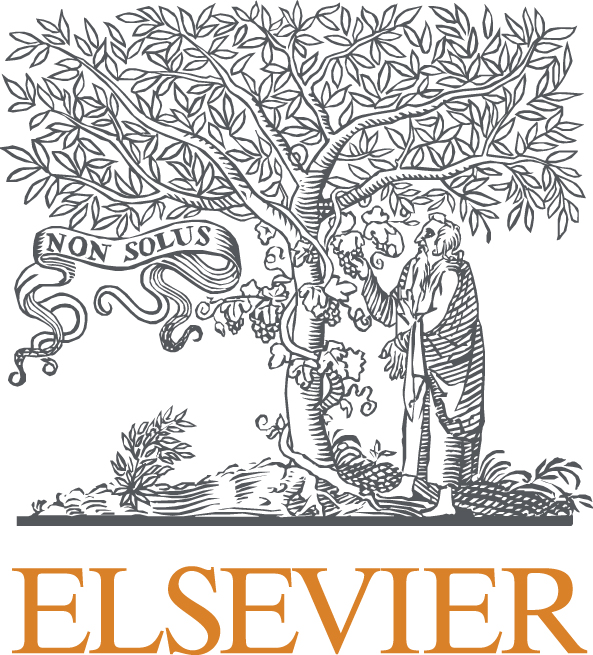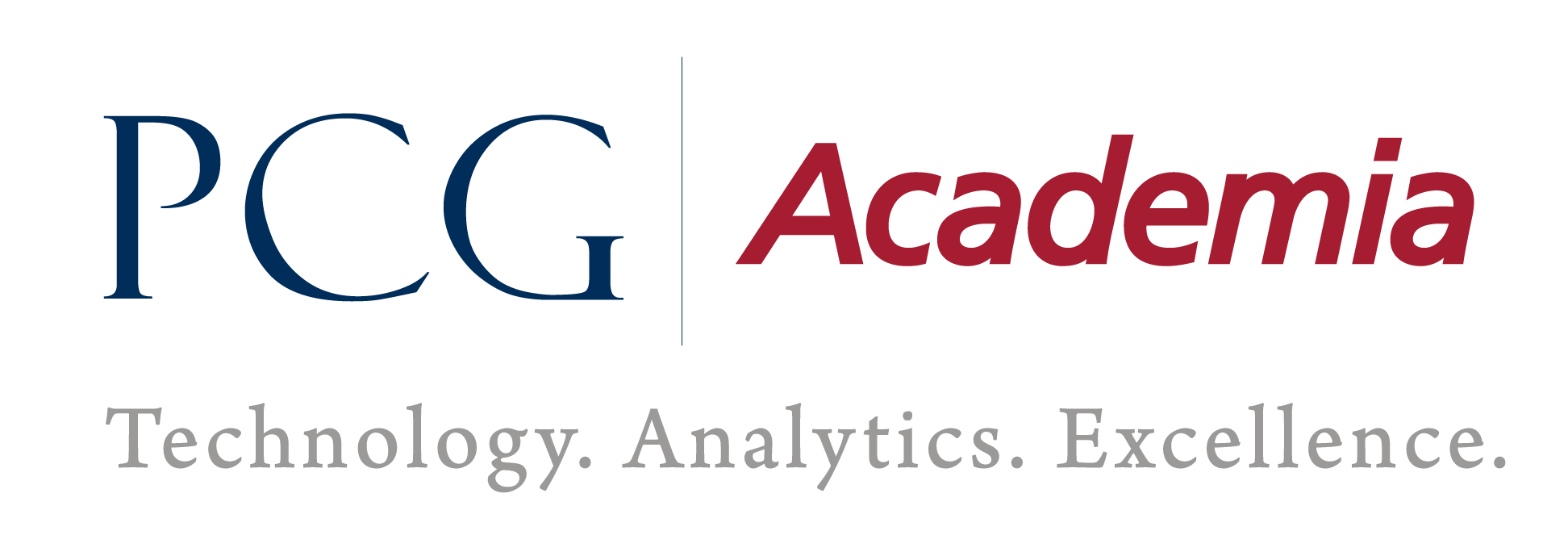Situation around Covid-19: an update
The original Feb 15th deadline for CRIS2022 submissions has been extended until Mar 13th
About the Conference
CRIS 2022 is organised by euroCRIS in cooperation with the Ministry of Science and Education of the Republic of Croatia (MSE) and with the help of University Computing Centre, University of Zagreb (SRCE).
CRIS 2022 is the fifteen edition in a biennial series of conferences devoted to improving the availability of and access to research information systems across Europe. The target audience includes managers of research-performing and/or funding institutions, evaluators, librarians, ICT experts, as well as policy makers. euroCRIS is a non-profit professional association of CRIS experts and custodian of the Common European Research Information Format (CERIF).
The conference is partially financed from the EU funded Scientific and Technological Foresight project in Croatia, led by the Ministry of Science and Education, partnered by University Computing Centre (SRCE). One of the goals of the project is implementation of the national research information system - CroRIS.
Situation around Covid-19: an update
As of Feb 1st, 2022, according to the Croatian Ministry of Interior guidance there are no restrictions for vaccinated travelers to enter the country. This is then to confirm that plans are to hold the CRIS2022 conference as a face-to-face event next May. Any unexpected changes to these plans will be immediately shown here and duly communicated to euroCRIS members.
Venue
Dubrovnik - the Pearl of the Adriatic
Dubrovnik is an exceptional medieval stone walled city. With its UNESCO World Heritage listed sites, mild climate all year round and direct flights from over 50 large international airports, it is an ideal place to merge business and comfort.
Sitting proudly on the calm blue waters of the Adriatic, Dubrovnik is one of the world's most magnificent fortified cities and without doubt currently one of Europe’s most fashionable destinations.
Steeped in history and virtually unchanged since the 13th Century the old quarter provides a fascinating distraction from the everyday’s business. The city is a living museum and a live stage and has an ideal connection between its historical past and the modern day. It is surrounded by medieval walls that are 1940 meters long and are preserved in their original form.





Hotel Dubrovnik Palace
The conference will take place at the Hotel Dubrovnik Palace, one of the finest hotels in the city.
Hotel Dubrovnik Palace nestles on the scenic seafront between a pine forest and the turquoise coastal waters of the lush Lapad peninsula. Just a few minutes’ drive north west of medieval Dubrovnik Old Town, the stunning location offers phenomenal photo opportunities of the Elafiti Islands from every direction.
Magnificent views, relaxing al fresco event spaces, five-star facilities and skilled technical support make Hotel Dubrovnik Palace’s conference centre one of the best equipped, stylish meeting venues in the region. It is also one of the largest and most flexible.
Hotel Dubrovnik Palace offers 11 conference and meeting rooms designed for standout events for from 10 to 750 delegates (or 1,000 via video link).







Location of the Hotel Dubrovnik Palace
4.5 km distance to Dubrovnik Old Town, 23.5 km distance to airport.

Getting to and from the Airport:
The distance from Dubrovnik Airport to Dubrovnik Palace is 23.5 km. Transport to and from the Airport is well organized and there are several options you can choose for travelling to or from:
By bus
Official shuttle bus transfers operate from the terminal to the Pile - Main Bus Station in Dubrovnik (see the location). Shuttle bus leaves the Airport 30 minutes after each flight arrival and it operates 7 days a week all year round. From Pile Bus Station to the location of the Hotel Dubrovnik Palace operates Bus No. 4 - hotel is located at the last bus stop.
By taxi
Taxi stop is in front of the passenger terminal of Building B (Domestic and International Arrivals). Taxi Services are available daily during airport openings. Notifications and prices are publicly available at the taxi terminal at the passenger terminal, Building B or by phone at +385 (20) 640100.
By car
The Airport is approximately 30 minutes away from the Dubrovnik city center but in the summer months, it can take you more than an hour to get there.
The Dubrovnik Airport offers a variety of car rental companies.











